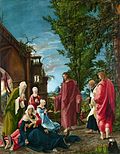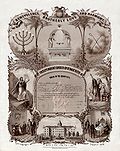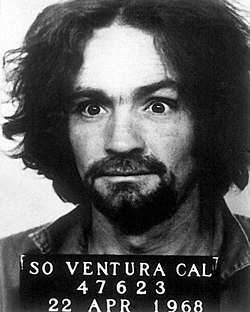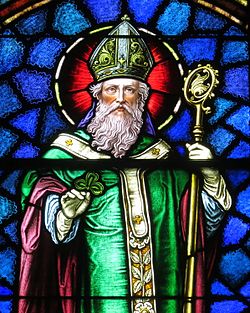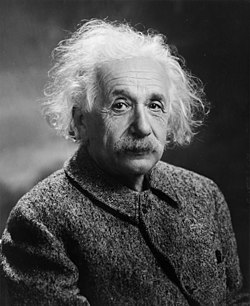Portal:Religion
The Religion Portal
Religion is a range of social-cultural systems, including designated behaviors and practices, morals, beliefs, worldviews, texts, sanctified places, prophecies, ethics, or organizations, that generally relate humanity to supernatural, transcendental, and spiritual elements—although there is no scholarly consensus over what precisely constitutes a religion. It is an essentially contested concept. Different religions may or may not contain various elements ranging from the divine, sacredness, faith, and a supernatural being or beings. (Full article...)
 Vital article
Vital article
Shia Islam is the second-largest branch of Islam. It holds that Muhammad designated Ali ibn Abi Talib (r. 656–661) as both his political successor (caliph) and as the spiritual leader of the Muslim community (imam). However, his right is understood to have been usurped by a number of Muhammad's companions at the meeting of Saqifa where they appointed Abu Bakr (r. 632–634) as caliph instead. As such, Sunni Muslims believe Abu Bakr, Umar (r. 634–644), Uthman (r. 644–656) and Ali to be 'rightly-guided caliphs' whereas Shia Muslims only regard Ali as the legitimate successor. (Full article...)
 Did you know (auto-generated)
Did you know (auto-generated)
- ... that the nonconformist minister Ichabod Chauncey was banished from England under the Religion Act 1592 and spent two years in exile in Holland where he published a defence of his actions?
- ... that religious studies scholar C. Jouco Bleeker believed that religions are like acorns?
- ... that Musa va 'Uj depicts figures from all three Abrahamic religions?
- ... that Freedom of Religion South Africa filed an unsuccessful lawsuit to keep child spanking legal?
- ... that the capital of South Ossetia once had more Jews than Ossetians?
- ... that the author of the comic book Timeless Voyage was the leader of a UFO religion?
William of Tyre (Latin: Willelmus Tyrensis; c. 1130 – 29 September 1186) was a medieval prelate and chronicler. As archbishop of Tyre, he is sometimes known as William II to distinguish him from his predecessor, William I, the Englishman, a former prior of the Church of the Holy Sepulchre, who was Archbishop of Tyre from 1127 to 1135. He grew up in Jerusalem at the height of the Kingdom of Jerusalem, which had been established in 1099 after the First Crusade, and he spent twenty years studying the liberal arts and canon law in the universities of Europe. (Full article...)

























